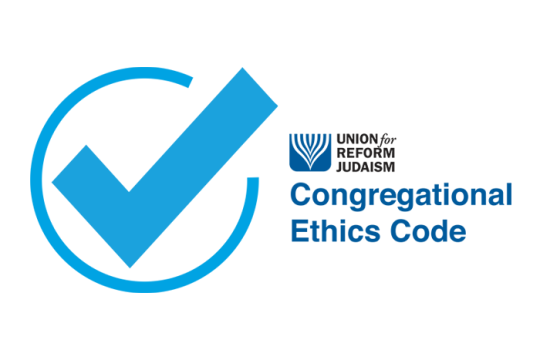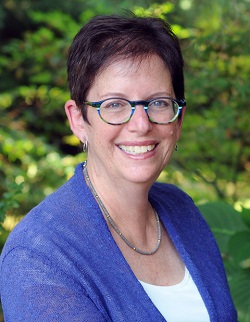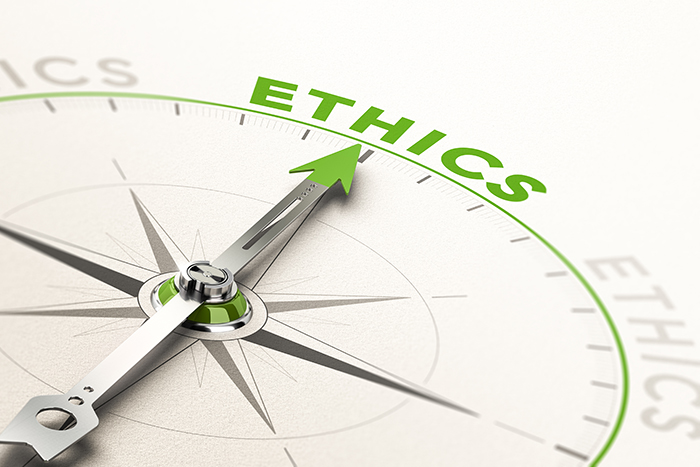
The URJ is deeply committed to living our values – values that were renewed and affirmed in 2022 as part of our strategic direction work. These values guide us as we seek to create a world in which Judaism enables all people to experience peace and wholeness (shalom), justice and equity (tzedek), and belonging and joy (shayachut and simcha). Indeed, a key element of this focus on our values has been our work in the realm of ethics accountability. The URJ has undertaken a range of learning and action steps to ensure that all our spaces are safe and equitable. You can see our many resources and opportunities on the URJ Ethics Accountability web page.
On January 10, 2024, the URJ hosted two important sessions related to our ongoing Ethics Accountability work. Well over 200 attendees joined a 90-minute panel discussion with URJ President Rabbi Rick Jacobs, Vice President and General Counsel Missy Johnson, and Executive Vice President Julie Lerner alongside survivors Rabbi Marina Yergin, Ronit Zemel, and Devorah Lesk. The conversation was moderated by Dr. Alissa Ackerman and Dr. Guila Benchimol as part of our restorative justice initiative, the Very Narrow Bridge Project. Attendees included URJ staff, movement leaders, congregation members, former staff, alumni and, of course, survivors. We were also pleased to have on the Zoom leaders of other branches of the Reform Movement as well as leaders from other parts of the North American Jewish and broader faith communities who sought to learn from our experiences. We invite you to view the recording of the program and accompanying guide.
A smaller private discussion followed, moderated again by Drs. Ackerman and Benchimol. This conversation included survivors who are part of a restorative justice cohort joined by members of the URJ Ethics Accountability Leadership Team: Rabbi Rick Jacobs, URJ North American Board chair Jennifer Brodkey Kaufman, Julie Lerner, Missy Johnson, Vice President for External Relations Riva Silverman, Ethics Accountability Task Force chair Shelley Nicely Groff, and Director of the Commission on Social Action/Associate Director of the Religious Action Center Barbara Weinstein. Participants shared their experiences with the restorative justice process, initiatives, and activities that have been created and implemented to address past harms and prevent future harms; what survivors and the URJ leaders have learned throughout the restorative justice process; the outcomes of the URJ's Ethics Accountability work thus far; and their hopes for the future.
We thank all the program participants and all survivors who have shared their experiences through URJ reporting channels, including with URJ Ombuds Caroline Cuneo and with Drs. Ackerman and Benchimol, for their courage and continued commitment to making our work and spaces live up to our highest values and vision. We are profoundly grateful to Drs. Ackerman and Benchimol for their transformative work with us and with survivors.
We are now entering the next phase of our work with a continued commitment to the safety of all our program participants and staff, with a focus on embedding restorative justice principles and practices across our institution, including:
- URJ staff and lay leaders are participating in the 2024 SRE (Safety Respect Equity) Network Restorative Justice Cohort for professionals and lay leaders who work in movement organizations. This will provide a critical opportunity for us to learn with and from colleagues within our Reform Movement and across other movements.
- We have added restorative justice components to our annual training plans for responding to abuse and creating safe spaces for staff and volunteers.
- The URJ is developing a clergy network to provide pastoral guidance to survivors who are seeking to reconnect with Judaism for themselves and/or their children.
- We are planning additional facilitated listening circles for survivors and victims, including those who have not yet had the opportunity to participate.
- We will continue our support of and work with survivors and others harmed in our spaces to ensure that their voices continue to be centered in our work.
For more information about the above initiatives or any additional questions, please contact Missy Johnson.
To learn more about the work the URJ has been engaged in around Ethics Accountability, we encourage you to see the relevant page on the URJ Ethics Accountability web page.
The safety of every person in our community is our sacred, moral responsibility. This is, and always will be, our highest priority.
Related Posts
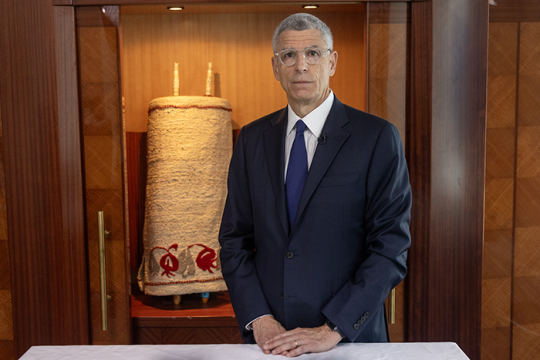
Making Amends: A Message for Yom Kippur 5784
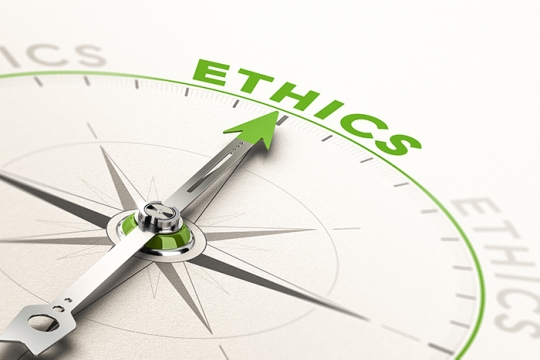
URJ Ethics Accountability: Sharing Our Progress - August 2023
